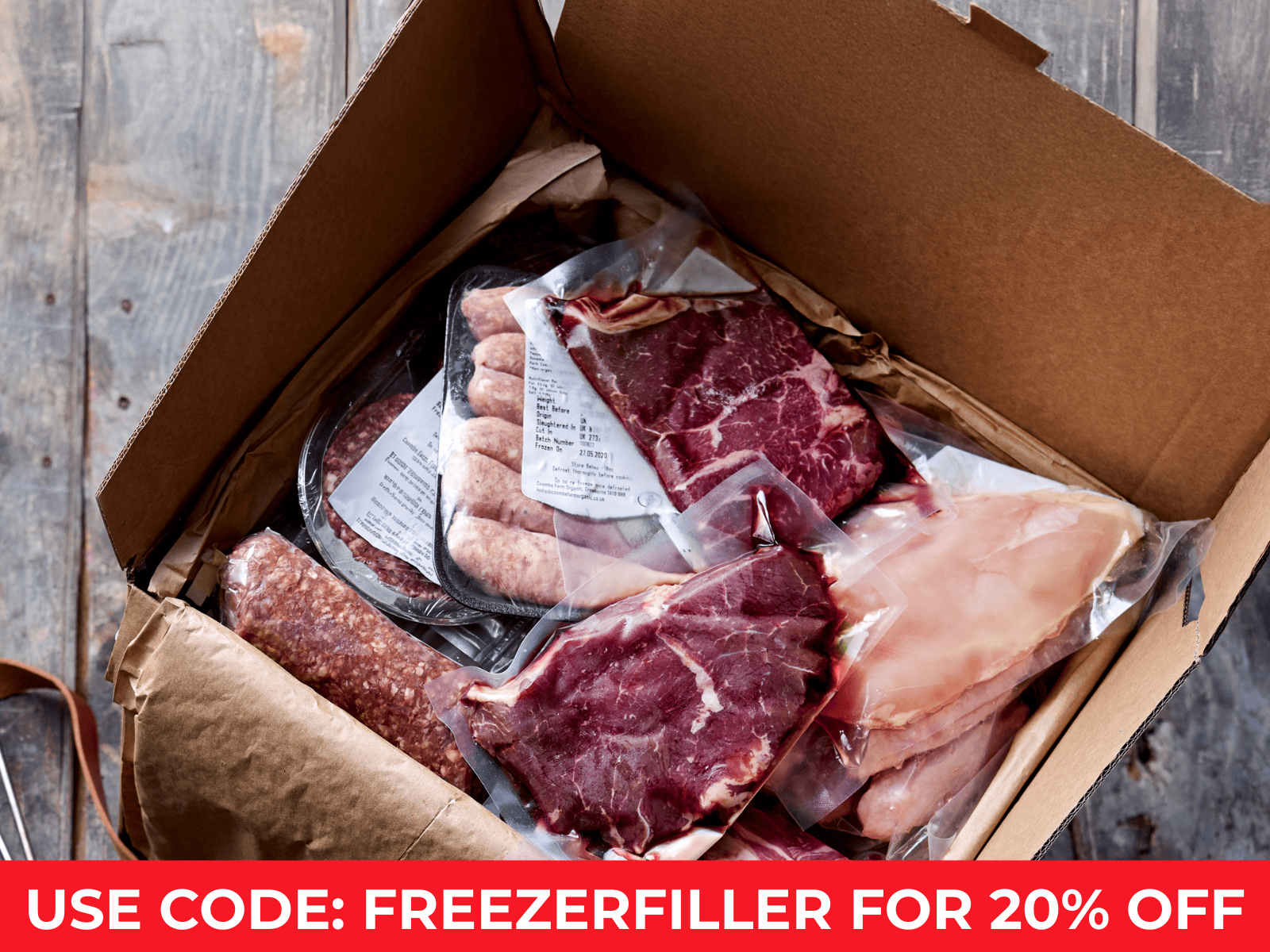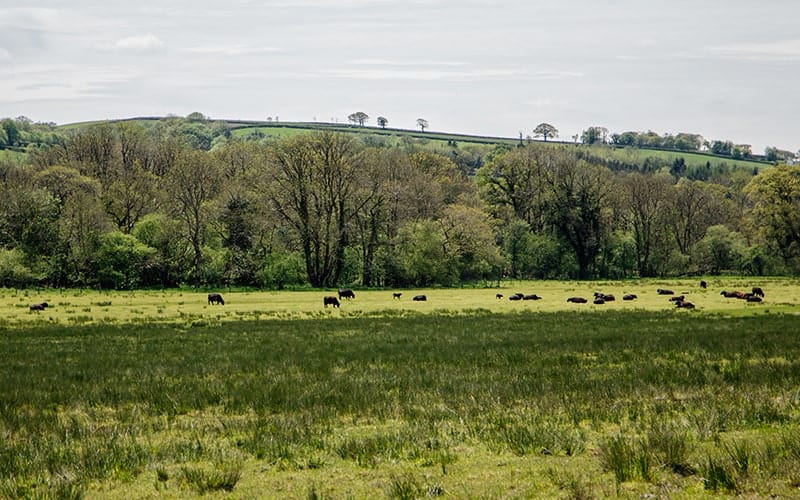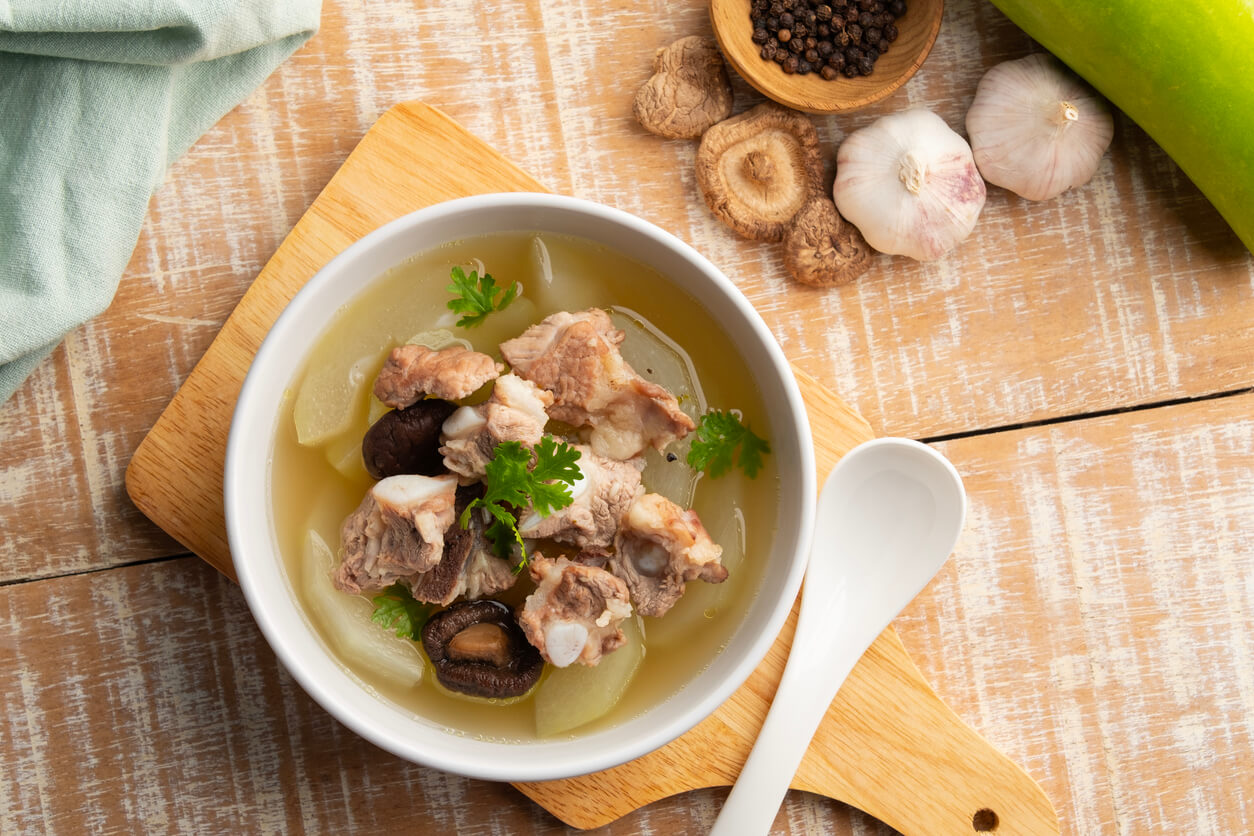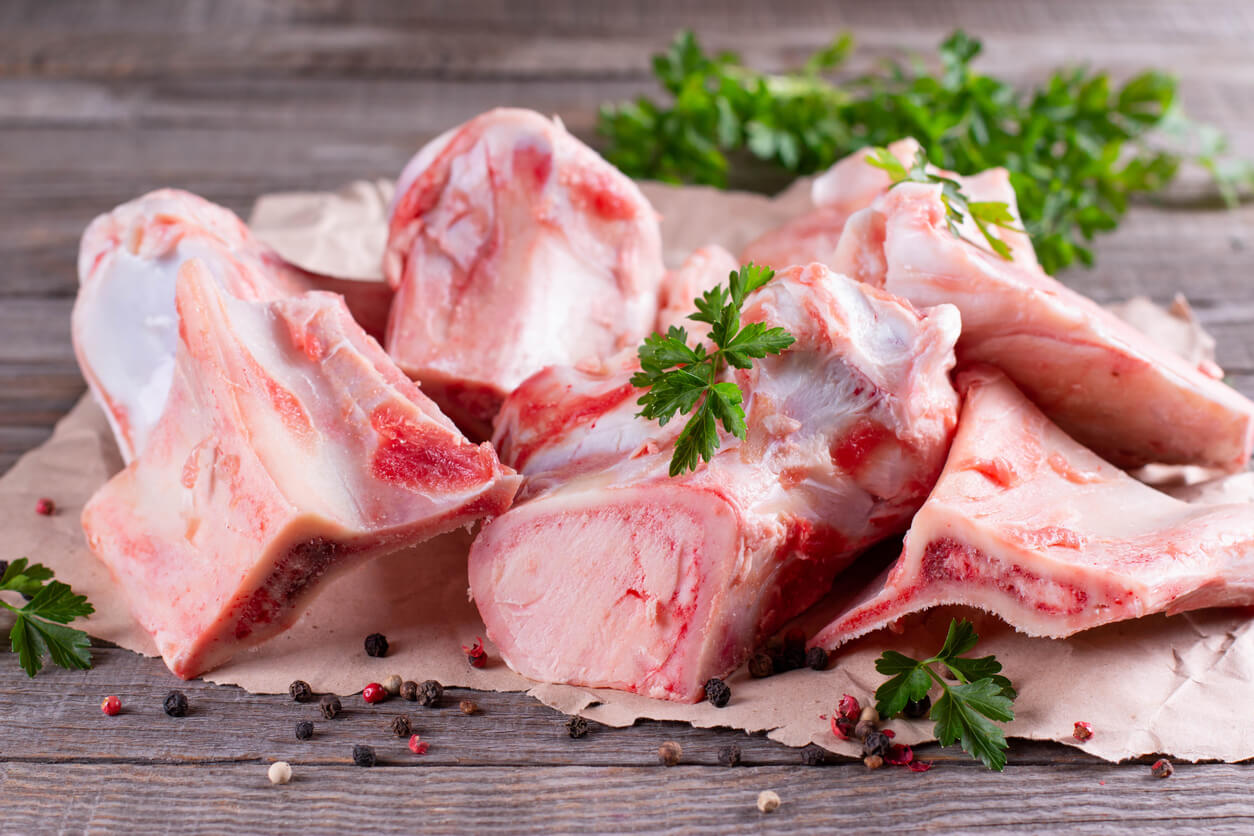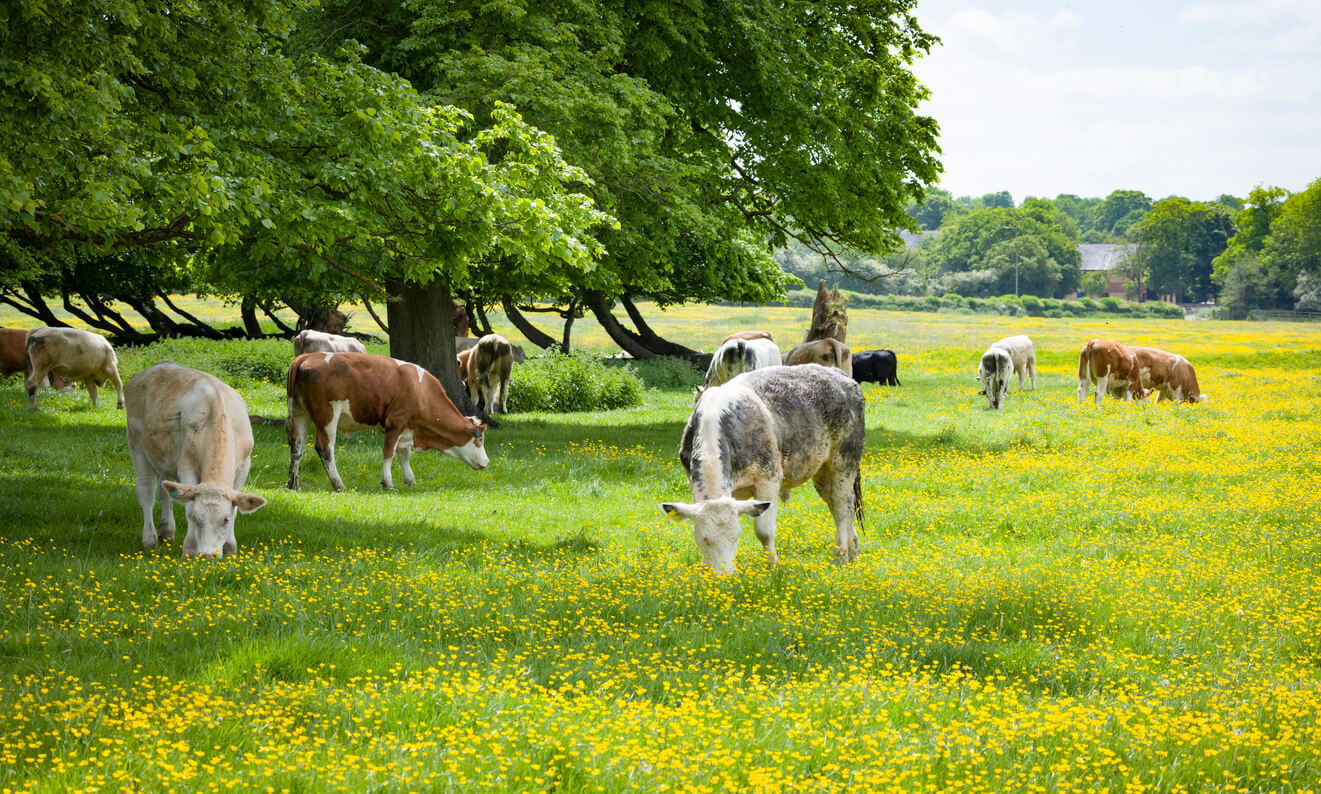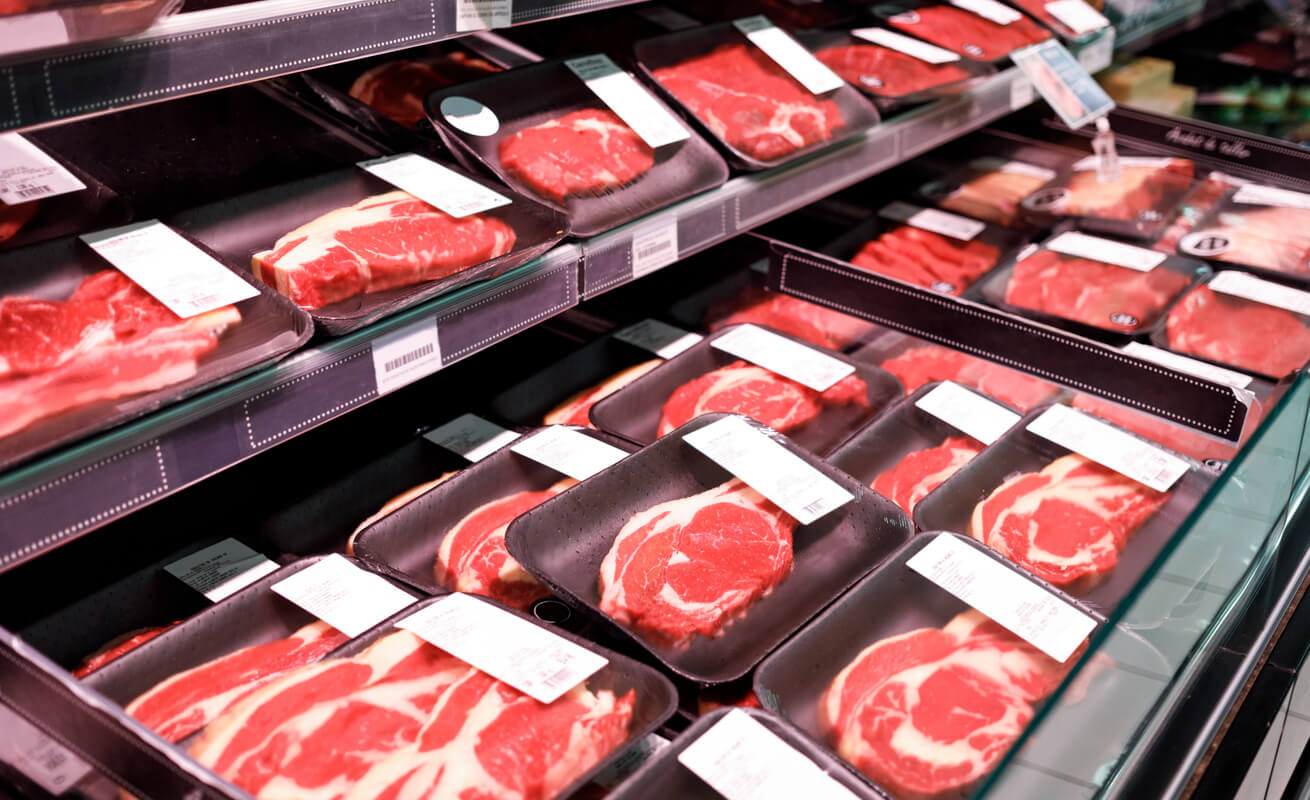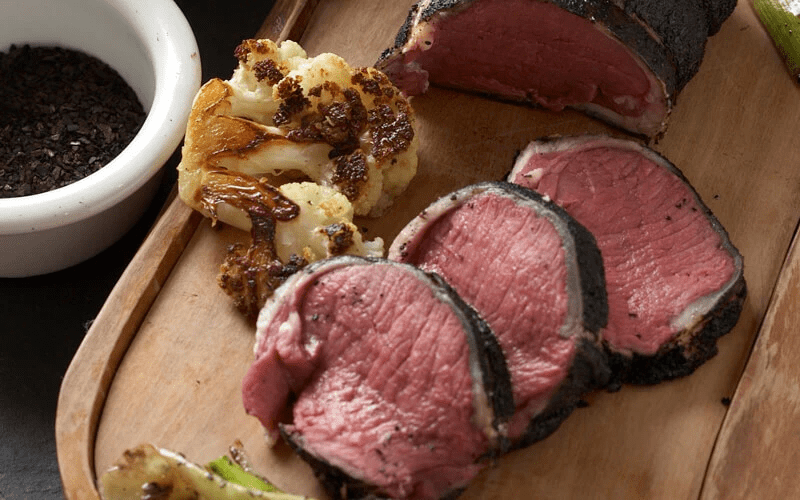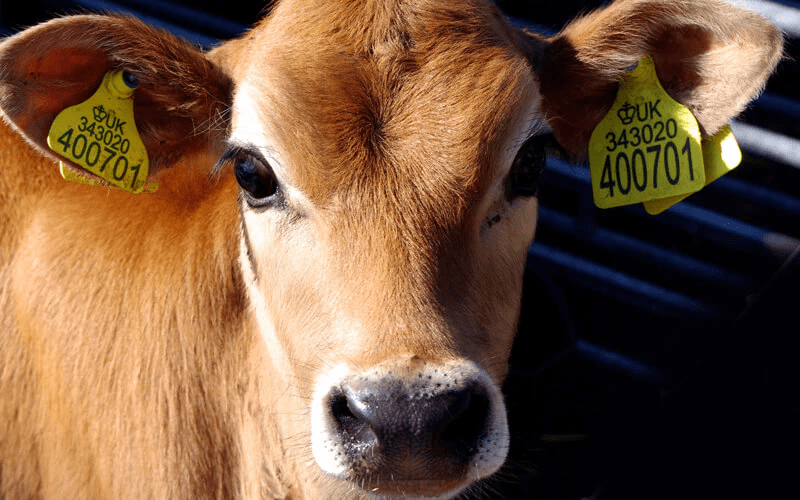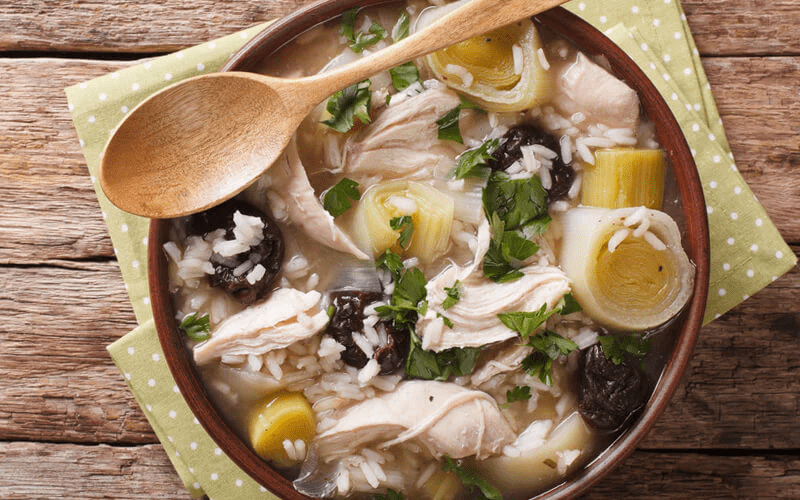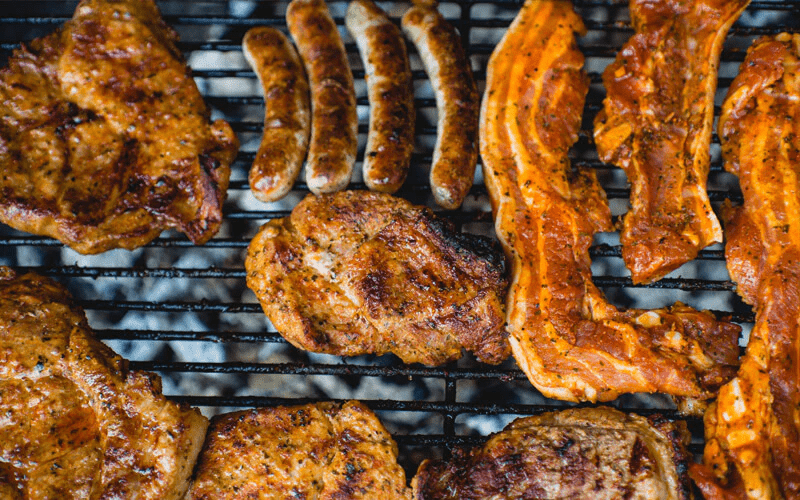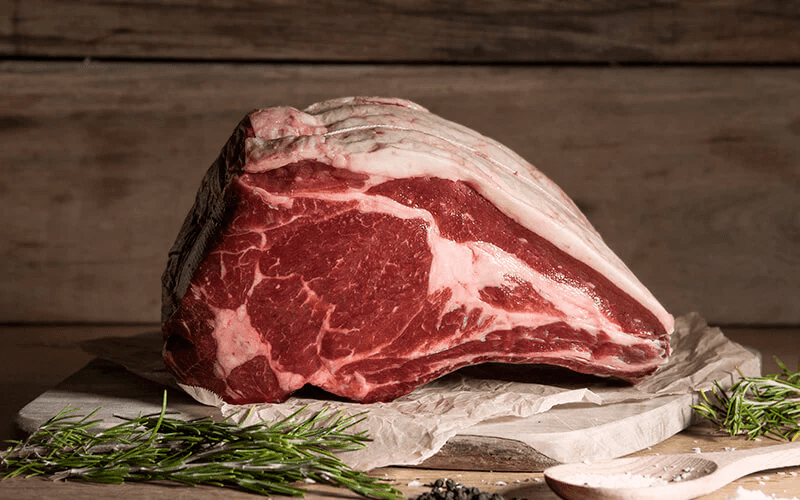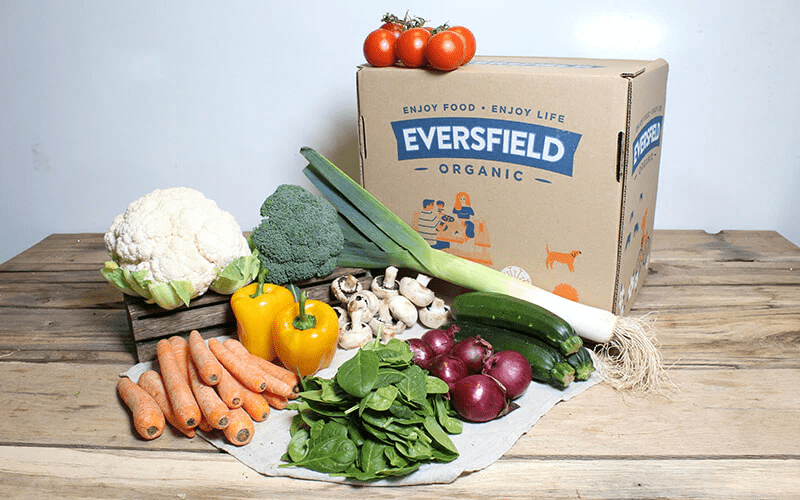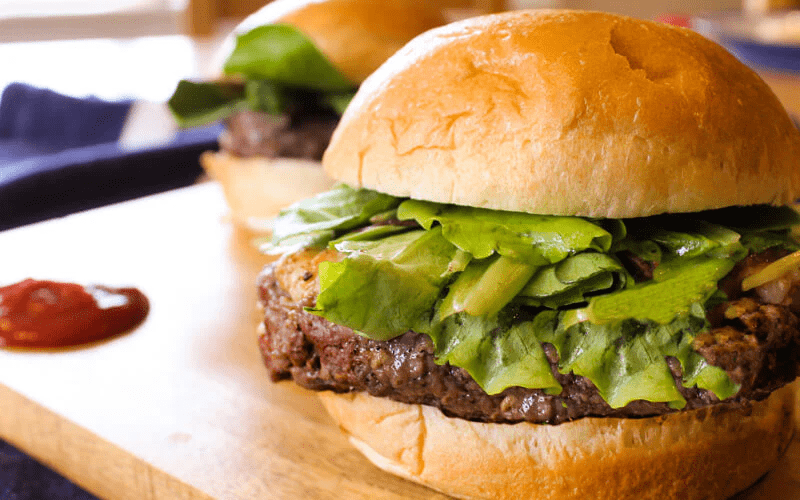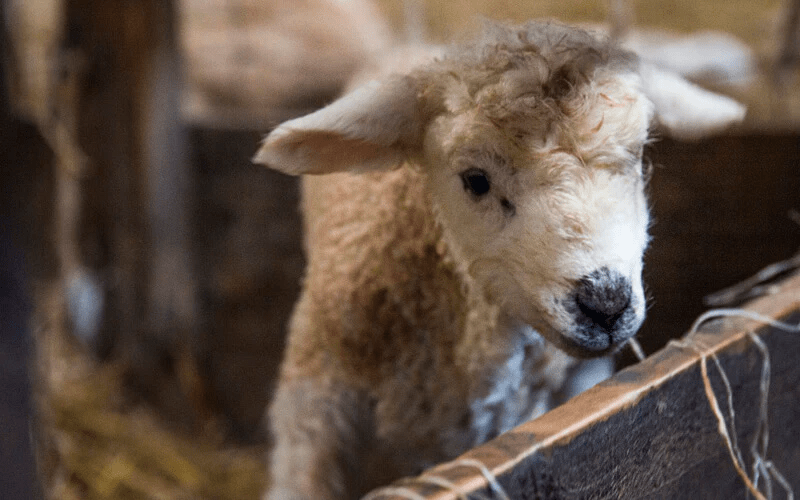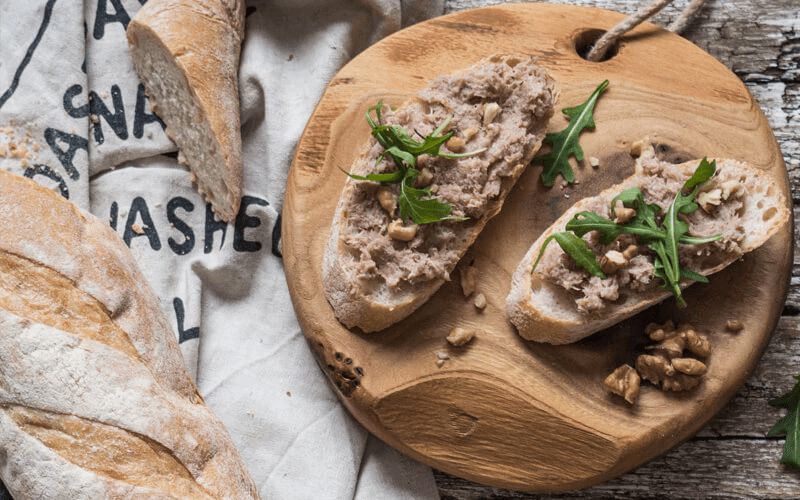At Eversfield Organic, we believe that how animals are raised is just as important as the quality of the meat they produce. Many customers ask about the differences between outdoor bred pigs and organic pigs, and in particular, how welfare standards vary. While both systems strive for higher welfare than intensive indoor farming, there are some important distinctions.
Early Life: From Birth to Weaning
Outdoor bred pigs are typically born in farrowing huts, which provide some shelter but are often on partially outdoor runs. Piglets can access the outdoors, but the farrowing period is sometimes still limited in terms of space and natural materials for exploration and rooting. Some outdoor systems still allow limited use of farrowing crates for a short period immediately after birth, which restricts sow movement to prevent piglet crushing.
Organic pigs, on the other hand, are subject to strict welfare regulations from birth. Sows must have access to farrowing pens that are enriched and allow them to express natural behaviours such as nesting. Organic regulations prohibit the use of farrowing crates entirely, meaning the sow can move freely and interact naturally with her piglets. Piglets are raised in conditions that encourage rooting, exploration, and socialisation from the very start.
Growing and Finishing: Life Outdoors
Outdoor bred pigs spend most of their lives outdoors in paddocks or fields, but the stocking density and access to enriched environments can vary between farms. They may still be housed indoors for finishing or during adverse weather periods. While their welfare is generally better than indoor-intensive systems, space allowances, access to shelter, and environmental enrichment are not as strictly regulated as in organic systems.
Organic pigs benefit from a combination of outdoor access and strict space requirements. Organic rules dictate that pigs must have continuous access to outdoor areas with soil to root in, natural light, and protection from adverse weather. Indoor housing, when necessary, must meet high standards of enrichment, including straw, manipulable materials, and opportunities for foraging and social behaviours. Stocking densities are lower than outdoor bred systems, meaning pigs have more freedom to express natural behaviours.
Diet and Medication
Outdoor bred pigs are often fed conventional feeds, which may include non-organic grains and additives. They can receive routine preventative treatments and are sometimes given growth-promoting interventions if permitted under certain schemes.
Organic pigs are fed 100% organic diets, free from synthetic additives, and must have access to roughage. Medication is strictly controlled and used only when necessary to maintain animal health, with strict withdrawal periods before slaughter.
Rules Around Caging
The use of cages is a critical point of distinction:
-
Outdoor bred pigs: Some farms may use farrowing crates for the first few days or weeks of a sow’s life. These crates restrict movement but are allowed for short periods under certain welfare schemes.
-
Organic pigs: No caging is allowed at any stage of life. Sows must be free to move in farrowing pens, and pigs must be able to express natural behaviours throughout their lives. This is a cornerstone of organic welfare standards.
The End of Life: Slaughter and Transport
Both outdoor bred and organic pigs are subject to animal welfare laws during transport and slaughter. Organic certification requires shorter transport times and conditions that minimise stress. The principles of low-stress handling, gentle movement, and careful transport are emphasised to protect welfare right up to the final stage.
Why It Matters
The differences between outdoor bred and organic pigs are more than just labels—they are reflections of how much respect and care the animals receive throughout their lives. Organic pigs have the highest welfare standards, from birth to slaughter, with no caging, enriched environments, lower stocking densities, access to organic feed, and full outdoor access.
At Eversfield Organic, we are proud to offer organic pork products that reflect these standards. By choosing organic, you are not just enjoying exceptional taste—you are supporting a system that prioritises the wellbeing, health, and natural behaviours of the animals we raise.

